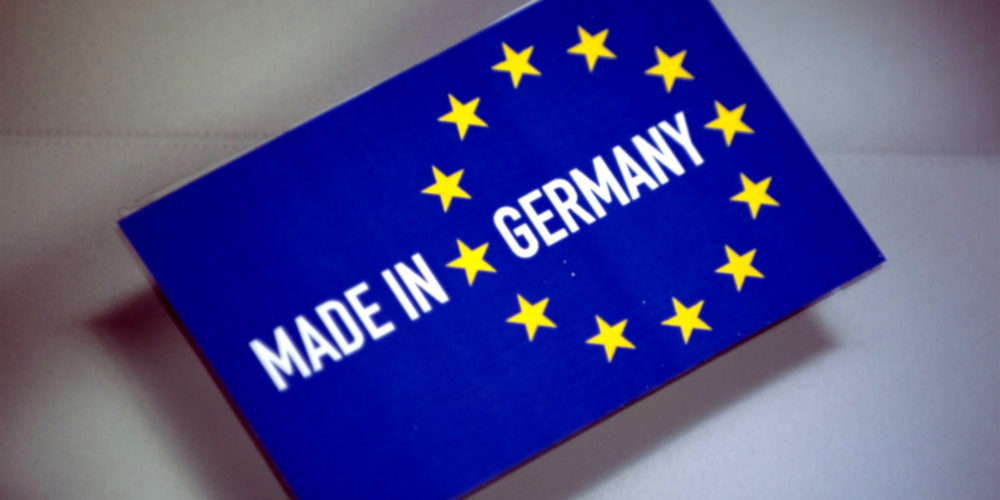Jörg Kronauer
From Junge Welt (Berlin)
The “British rebate” is known: the reduction in British contributions to the EU budget that Margaret Thatcher pushed through in 1984. She pointed out at the time that a large part of the EU funds had gone into agriculture, and that the United Kingdom had a comparatively small agricultural sector, i.e. it benefited little from the much-sought-after subsidies from the economic community.
Less well known, however, is another rebate, one that would have to be called a “German rebate.” The Federal Republic of Germany and four other wealthy EU countries—the Netherlands, Austria, Denmark, and Sweden—transfer a smaller share of their economic output to Brussels than all other member-states. The reason for this is that “those who bear too much of a budgetary burden can benefit from a corrective measure,” as the Federal Ministry of Finance put it in a publication last year.
It goes without saying that Germany pays far too much, from the German point of view. The EU therefore grants its richest member a “correction”—a reduction—for better or for worse.
The “German rebate” is increasingly called into question in Brussels in recent times. This was triggered by the fact that the EU contribution payments have to be completely restructured after Britain’s withdrawal. Until recently Britain was the third-largest net contributor in the EU. Only last year it transferred about €4.2 billion more to the Union coffers than it received from them. This gap must inevitably be filled after Brexit.
The matter is not made any easier by the fact that the EU Commission wants to increase the next EU budget, which covers the years 2021–27, to 1.114 per cent of the economic output of the “EU-27” in order to realise the ambitious plans of the European state cartel; that would then be €1.279 trillion. Discounts do not fit this plan, not even the one for Germany.
Since the EU commissioner for the budget, Günther Oettinger, has publicly affirmed this, he is getting headwind from Berlin. “Germany will be overburdened,” Angela Merkel declared in the Bundestag last month. She has now confirmed this at the EU summit in Brussels, which discussed the future EU budget. She also wants a discount for Germany in the future; and the budget should not exceed 1 per cent of the EU’s economic output.
In an effort to help arguments for a new breakthrough on the “German rebate,” the German Ministry of Finance proffered calculations shortly before the EU summit according to which Germany’s net contribution to the EU budget is to rise from about €13.5 billion last year to up to €30 billion in 2027.
Will Germany really be ripped off? Well, according to a study conducted in May by the neo-liberal Bertelsmann Foundation, Germany, despite everything, is the main beneficiary of the EU and its internal market. The study came to the conclusion that the country owes its annual growth in income of €86 billion to the single market—more than any other member-state. It is also far ahead per capita: while Greece, for example, wins €401 per capita per year, Poland €382, and Bulgaria €193, Germany profits by €1,046 per capita per year. Even if it had to pay €30 billion per year net into the Brussels coffers in 2027, the net profit that the alleged net payer, Germany, draws from the EU would still be enormous.






